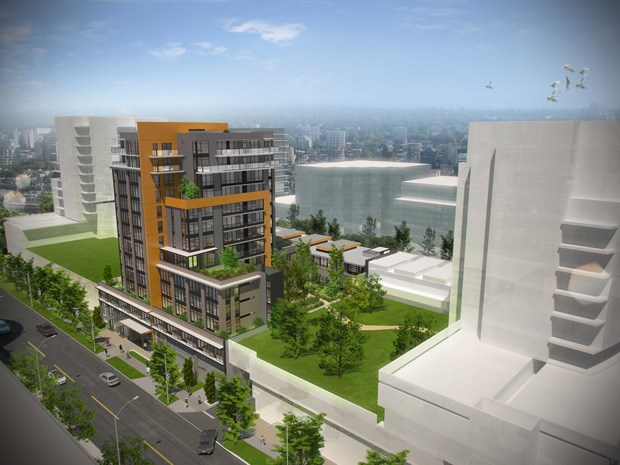Even the name denotes wealth.
And with two-bedroom condos selling for well over $1 million, and mega homes popping up on every other corner, it’s hard to think poverty when thinking Richmond.
But poverty is alive and well in this city, to hear Diane Sugars tell it. Sugars, the executive director of Chimo crisis centre, along with a few other tried and true anti-poverty activists, was at city hall Monday night making an impassioned plea for support to help folks who are plummeting through the ever-widening cracks in our social service system.
Sugars was asking the city to follow the example of other municipalities and provide a housing coordinator, someone to help find housing for those in need/crisis.
Years ago, I was at Pathways, a clubhouse for people living with mental health challenges, and asked its executive director, Dave McDonald, what was the single biggest challenge facing his members. Without skipping a beat, he answered housing — and that was when housing was ample compared to now.
We have various agencies in Richmond all doing great work: Pathways supporting those with mental health challenges, Turning Point dealing with people overcoming addiction, Chimo counselling people in crisis (often domestic abuse), the Food Bank providing groceries. However, none of these agencies have either the mandate nor the resources to house people. And, no matter why a person shows up at their door, if that person doesn’t have housing, nothing else can be fixed.
While the mayor and councillors expressed sympathy as Sugars outlined the extent of the crisis, they’re hesitant to act. Housing is a provincial responsibility, they argue. The funds required are significant and beyond the scope of a municipality. Any stop gap measure the city could afford still won’t get to the heart of the problem and may just delay any meaningful solution.
All good points, but what else are we going to do — nothing? Isn’t that visionary.
Sugars points to other municipalities that have taken a leadership in this. Vancouver is leasing city-owned land at extremely affordable rates to agencies to build affordable units. Abbottsford and Maple Ridge both have housing coordinators. Richmond could follow those examples or chart a new course, but the mantra “the province has to be at the table” is gettting tired. Let’s at least set that table. They may show up — there is no underestimating momentum. Even if they don’t, we will have something to offer.
If the will is there (and I suspect this is the bigger problem), of course people can be housed. This isn’t rocket science, but it does require the radical belief that basic housing is a right — a concept that appears to be harder to get our minds around than rocket building.

.jpg;w=120;h=80;mode=crop)

